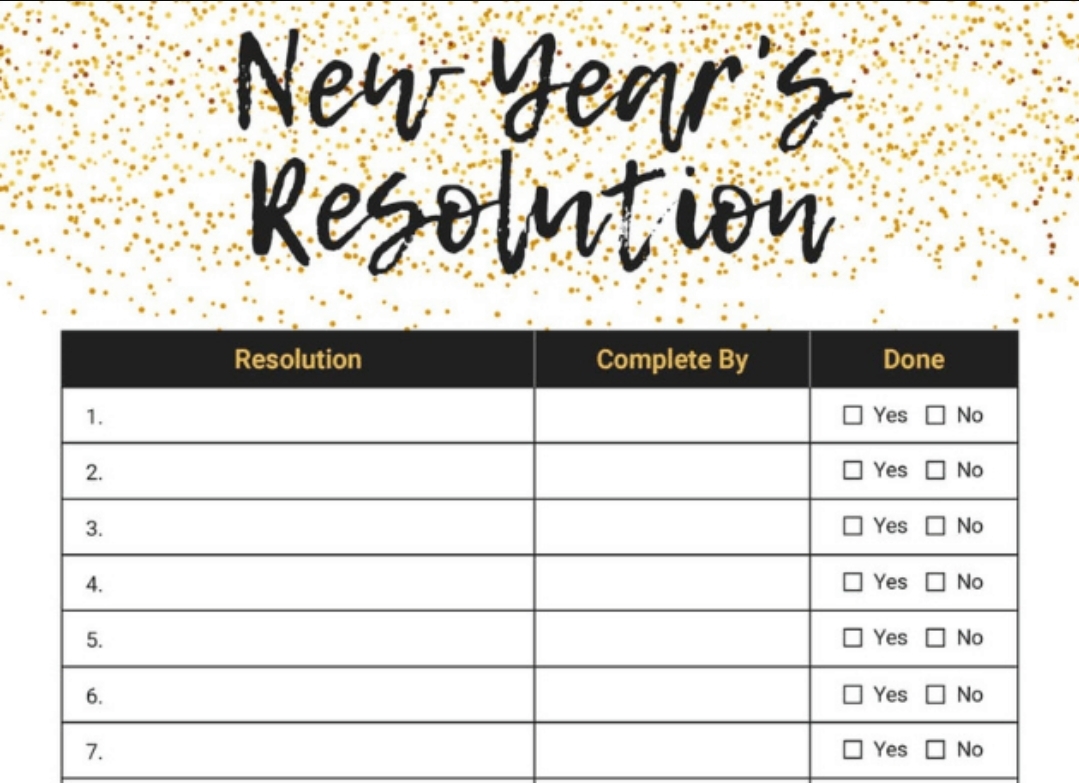The dawn of a new year often fills us with optimism and motivation. It’s the perfect time to set new goals and embrace positive changes. Yet, research shows that while 41% of Americans make New Year’s resolutions, only 9% feel they are successful in keeping them. So, what sets the successful apart from the rest? The answer lies in planning, disciplined execution, and an understanding that meaningful habit change happens incrementally—not overnight.
1. Define Clear and Specific Goals
Vague resolutions like “get fit” or “spend less” are hard to follow. Instead, define clear and measurable goals. For example:
- Replace “get fit” with workout for 30 minutes, three times a week.”
- Change “spend less” to “save $200 a month by cutting dining out to twice a month.”
Specificity helps you track progress and creates a roadmap for success.

2. Break Goals into Smaller, Manageable Steps
Big goals can feel overwhelming and unattainable. To avoid burnout, divide your resolution into smaller milestones. For example, if your goal is to run a marathon, start running one mile, then gradually increase the distance each week. Celebrate each small win to stay motivated.
3. Commit to Consistent Habits
Behavioral change thrives on consistency. Psychologists often cite the “21/90 rule”: commit to a new habit for 21 days, and it’s more likely to stick. By 90 days, it can become a lifestyle. Whether drinking more water or journaling daily, small, repeated actions compound over time into significant results.
4. Build a Solid Plan

A goal without a plan is just a wish. Create an actionable plan by:
- Setting deadlines: Assign realistic timelines for your goals.
- Using tools: Leverage apps like Habitica, Todoist, or Notion to track your progress.
- Planning for obstacles: Identify potential challenges and brainstorm solutions in advance.
For example, if your goal is to eat healthier, prepare meal plans and keep healthy snacks on hand to resist cravings.
5. Leverage Accountability
Accountability increases the likelihood of sticking to your resolutions. Share your goals with a friend, join a group, or hire a coach. Regular check-ins with someone you trust can provide encouragement, feedback, and motivation.
6. Focus on Discipline Over Motivation
Motivation is fleeting; discipline is reliable. There will be days when you don’t feel like working out, eating healthy, or sticking to your budget. Cultivate discipline by:
- Creating routines: Build habits into your daily schedule.
- Removing temptations: Eliminate distractions or triggers that hinder progress.
- Rewarding yourself: Celebrate milestones with non-contradictory rewards, like a movie night after hitting a fitness goal.
7. Embrace the Incremental Nature of Change
Real change doesn’t happen in a flash. It’s a gradual process requiring patience and perseverance. Understand that setbacks are part of the journey, not the end of it. If you falter, regroup and recommit rather than give up altogether. The key is progress, not perfection.
8. Reflect and Adjust
Regularly review your progress. Ask yourself:
- What’s working?
- What isn’t?
- How can I improve?
Adapt your plan as needed to ensure it stays relevant and effective. Flexibility prevents frustration and keeps you on track.
Sticking to your New Year’s resolutions is more than just making a wish and hoping for the best. By setting specific goals, breaking them into manageable steps, committing to consistent habits, and embracing the incremental nature of change, you can transform your aspirations into achievements. Remember, discipline and planning are your greatest allies on this journey. With patience and persistence, 2025 can be the year you turn resolutions into lasting results.
Also Check Out


Leave a Reply